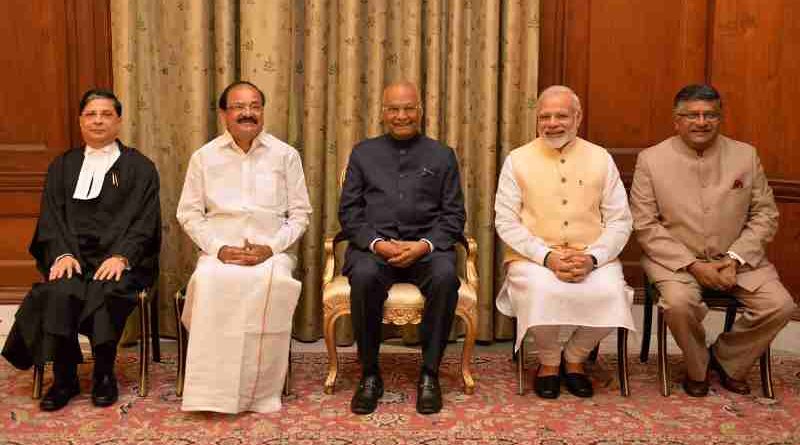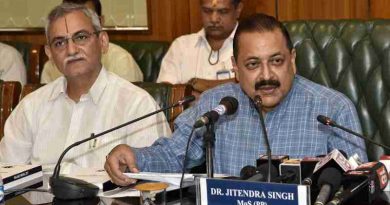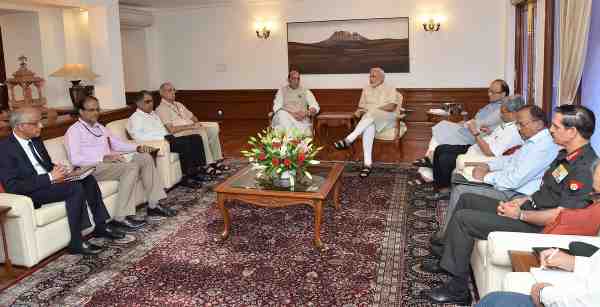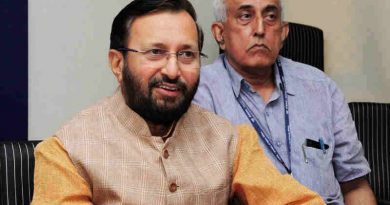Death of Democracy: Impeachment Motion Filed Against Chief Justice of India
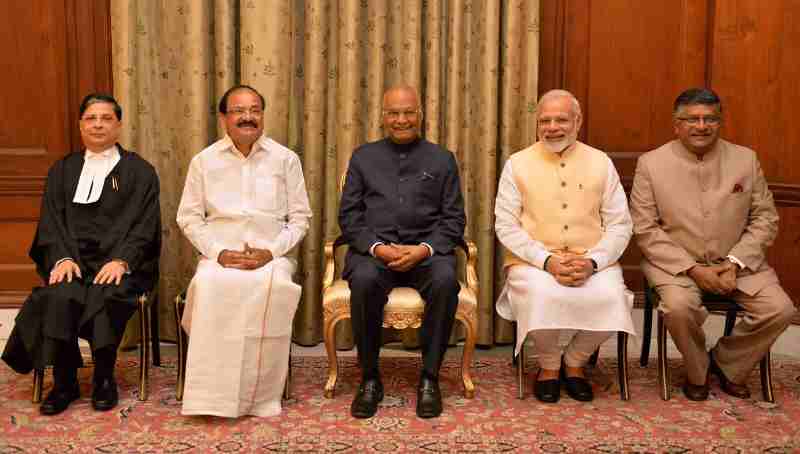
After the controversial decision on judge Loya’s death delivered Thursday by the Supreme Court of India, 64 Rajya Sabha MPs of different political parties today submitted an impeachment motion against Chief Justice Dipak Misra on 5 charges of misconduct.
“Since Chief Justice Dipak Misra was appointed to this high office, there have been situations when questions have been raised about the manner in which he has dealt with certain cases and taken certain administrative decisions,” the MPs said in their letter.
There have been internal rumblings resulting in open discord amongst judges in the Supreme Court. This manifested itself when four senior-most judges held a press conference on January 12, 2018 where they publicly expressed their disquiet about the manner in which the Chief Justice was exercising his powers.
The first charge against Misra relates to the conspiracy to pay illegal gratification by persons in relation to the Prasad Education Trust case and the manner in which the case was dealt with by the Chief Justice.
The second charge relates to the Chief Justice having dealt on the administrative as well as on the judicial side with a writ petition which sought an investigation into the matter of Prasad Education Trust, in which he too was likely to fall within the scope of investigation.
INC COMMUNIQUE
Statement issued by seven Opposition Parties led by LoP Rajya Sabha @ghulamnazad on impeachment motion against the Chief Justice of India. pic.twitter.com/BQfoBARog1
— INC Sandesh (@INCSandesh) April 20, 2018
The practice in the Supreme Court is that when the Chief Justice is in a Constitution Bench, and matters are to be listed, requests for listing are made before the first puisne judge. This is an age-old practice.
On November 9, 2017, when a writ petition was mentioned before Justice Chelameswar at 10:30 AM since the Chief Justice was sitting in a Constitution Bench, the same was directed to be listed later the same day.
When the matter was taken up, a note dated November 6, 2017 was placed before the judges hearing the matter by an official of the Registry. This is the basis of the third charge alleging that the note of 6th November brought to the attention of Justice Chelameswar on 9th November as the matter was taken up was antedated. The charge of antedating is by all accounts a very serious charge.
[ No Democracy in India. It Is Parliamentary Dictatorship. ]
The fourth charge relates the Chief Justice having acquired land when he was an Advocate by giving an affidavit which was found to be false. Further, despite the orders of the ADM cancelling the allotment in 1985, the Chief Justice surrendered the land only in 2012 after he was elevated to the Supreme Court.
LoP Rajya Sabha @ghulamnazad and former Union Minister @KapilSibal address the media on impeachment motion against the CJI.https://t.co/x7mcatKkeH
— Congress (@INCIndia) April 20, 2018
The fifth charge relates to the abuse of exercise of power by the Chief Justice in choosing to send sensitive matters to particular benches by misusing his authority as Master of the Roster with the likely intent to influence the outcome.
“As representatives of the people, we are entitled to hold the Chief Justice accountable just as we are accountable to the people. The majesty of the law is more important than the majesty of any office. We hope that a thorough enquiry will be held so that truth alone triumphs,” Rajya Sabha MPs said in their letter.
Democracy can thrive only when our judiciary stands firm, independent of the executive, and discharges its constitutional functions honestly, fearlessly and with an even hand, the MPs added.
Photo courtesy: Rashtrapati Bhavan
💛 Support Independent Journalism
If you find RMN News useful, please consider supporting us.

